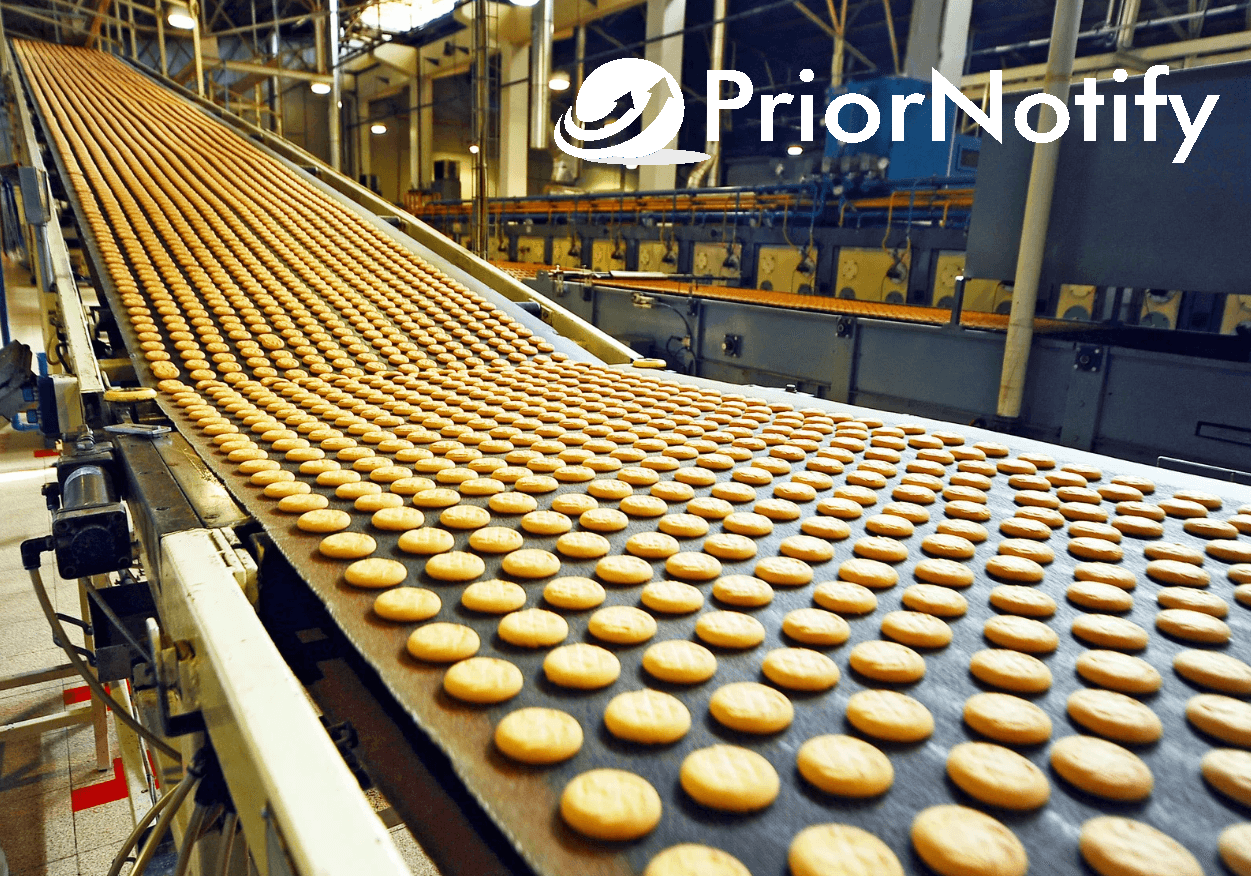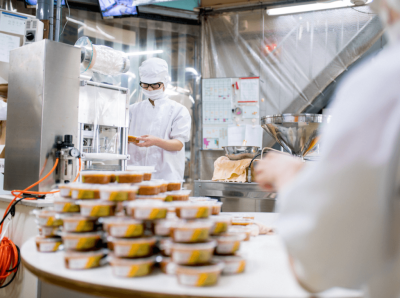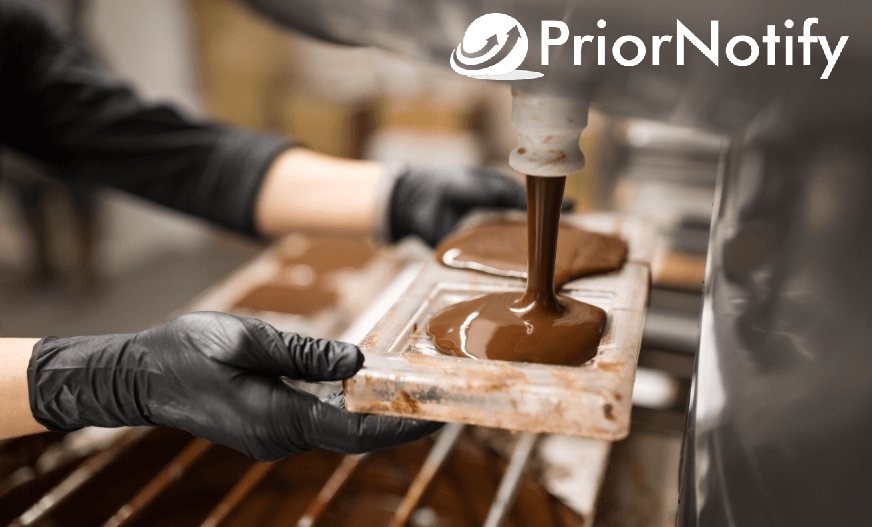Understanding FDA Food Facility Registration and Exceptions
The registration of facilities involved in the manufacturing, processing, and distribution of food and drinks is one of the major processes managed by the United States Food and Drug Administration (FDA) to protect the American food supply.
Let’s explore what FDA-registered facilities are as well as how they affect importers and exporters of food and drinks to the United States.
Ensuring Food Safety
Assuring the safety of the food and beverage items consumed by Americans is one of the main goals of FDA-approved facilities.
Current Good Manufacturing Practices (CGMPs) and Hazard Analysis and Critical Control Points (HACCP) guidelines, which are industry standards for food safety, need to be followed by these establishments.
CGMPs address hygienic practices, sanitation, and production controls. HACCAP is a standard process for food safety. Facilities help to lower the risk of foodborne diseases and outbreaks by registering with the FDA and following certain regulations.
Effect on Importers and Exporters
Dealing with the FDA is a crucial part of the business for those that import food and beverages into the U.S. Importers are responsible for making sure that the foreign factories they buy their goods from are registered with the FDA and follow American food safety regulations.
This entails confirming that the commodities they import are made in registered and lawful facilities to ensure the security and caliber of the products entering the American market.
Importantly, when importing goods into the U.S., food and beverage exporters must also take prior notices and FDA registration into account. Unlike the facility registration requirements, the prior notice requirements have no exceptions for sales directly to American individuals.
If you are involved in selling and sending food and beverages into the U.S., you can decrease the frustration and time spent on government paperwork with PriorNotify.
PriorNotify automates US FDA prior notices with integrations available with all e-commerce platforms. Go to PriorNotify.com for more information and a 7-day free trial.
For access to the sizable U.S. market, FDA compliance is essential.
To prevent potential hiccups in the importation process, exporters must show that their facilities adhere to FDA regulations, including for prior notices, and that their products follow labeling and safety criteria.
Collaborative Efforts for Global Food Safety








